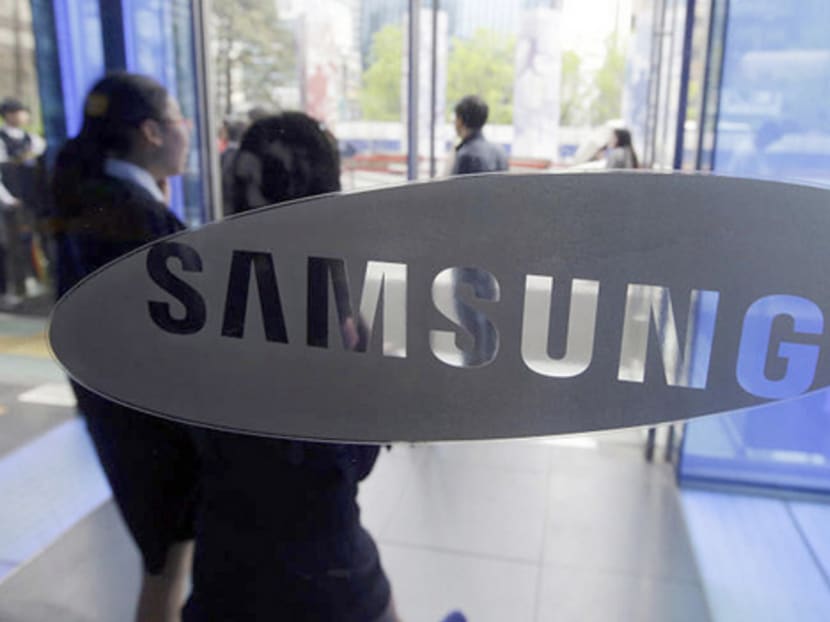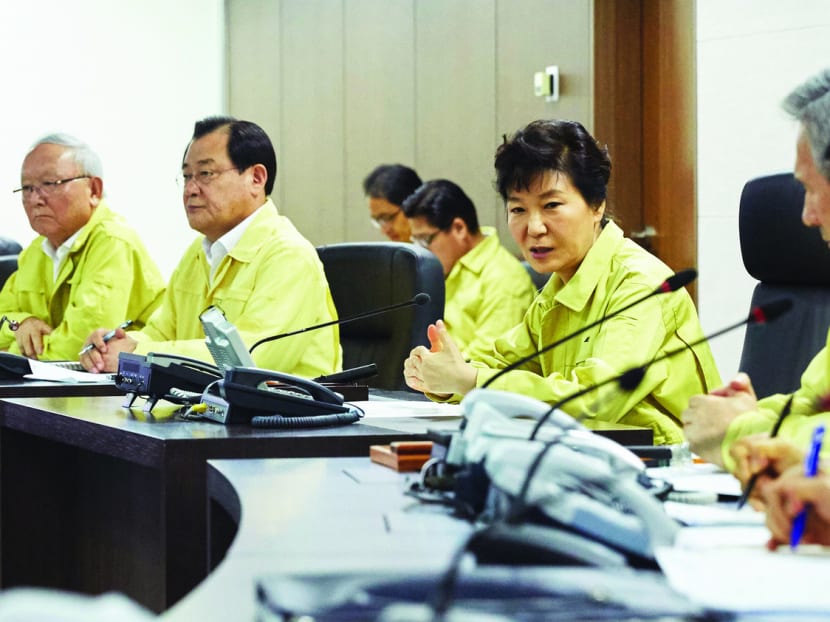Workaholic South Koreans to take more time off
SEOUL — Mr Park Hee-jung, a 34-year-old pharmaceutical researcher, took an 11-day holiday in May to travel to Croatia and Bosnia with his girlfriend — a relatively long vacation inconceivable for many South Koreans who remain world-champion workaholics.


SEOUL — Mr Park Hee-jung, a 34-year-old pharmaceutical researcher, took an 11-day holiday in May to travel to Croatia and Bosnia with his girlfriend — a relatively long vacation inconceivable for many South Koreans who remain world-champion workaholics.
“It was so good to take a long vacation, but I am stressed out again because of the mountains of work,” said Mr Park.
“The company encourages us to take annual holidays, but there are not many people who take them all.”
Mr Park is among the country’s younger generation that is seeking a work-life balance, but even he usually takes up fewer than half of his allotted annual holidays. He is not alone.
Workers in South Korea — home to the longest working hours and highest suicide rate in the developed world — took only 8.6 days of holidays last year on average, the lowest among the 24 nations surveyed by online travel agency Expedia, compared with the global average of 20.5 days and France’s 30.7 days.
Heavy workloads and pressure from superiors have made South Koreans reluctant holidaymakers, but there are growing signs that this culture may be changing. Big Korean companies are encouraging employees to take more time off to boost productivity and creativity, prodded by a government campaign to develop tourism in an attempt to boost sluggish domestic spending.
Samsung Electronics is one of the latest. The country’s biggest company in terms of sales said last month that it would offer a one-year optional sabbatical for those who have been working for more than three years. It will also extend maternity leave from one year to two years.
The move follows those of other Korean companies such as Doosan, SK Energy, S-Oil and Shinhan Bank, which have instituted a compulsory annual two-week holiday.
Shinhan even uses some strong-arm tactics to keep its workaholic employees out of the office during the holiday by locking them out of the computer system. Oil refiner S-Oil helps its staff use up all two weeks of mandatory leave by naming a colleague to take the employee’s place while they are away.
Several shipyards such as Daewoo Shipbuilding & Marine Engineering also close their entire factories and offices for two weeks over the summer holiday. “In a knowledge-based economy, longer working hours do not necessarily mean higher efficiency,” said Mr Kim Pan-jung, a director at the Korea Employers Federation. “We need innovative ideas to add value, so more companies are encouraging their workers to recharge through longer leave.”
Mr Kim expects such changes to accelerate as companies want to save compensation costs for unused holidays in the slowing economy while the government tries to create jobs and improve living standards by reducing working hours.
South Koreans forged a strong work ethic during the country’s rapid industrialisation over the past half a century to transform the war-torn country into the world’s seventh-largest trading nation by volume, showed World Trade Organization data for last year. They put in an average of 2,163 work hours in 2013, second only to Mexico among developed countries.
But the Organisation for Economic Co-operation and Development (OECD) said the long hours have not translated into better productivity. In 2012, the latest year for which data has been released, South Korea’s labour productivity per hour worked was only 66 per cent of the OECD average and less than half that of the United States.
Under the country’s labour law, South Koreans are entitled to 15 to 25 days of annual leave. But using their full vacation time, especially taking two weeks off at a shot, is not feasible for many of them, especially at small and mid-sized companies suffering from labour shortages. In the country’s hierarchical Confucian culture, the rank and file will not take holiday unless the boss does too.
Mr Kim Jong-woo, a 42-year-old software developer, is entitled to 17 days of annual leave, but he usually takes only four days off in the summer. The only time he took a whole week off was when he got married. “I can’t imagine missing two weeks in a row because I don’t want to upset my boss,” he said. “I rather prefer to work through for compensation pay.”
Experts say it will take a long time to resolve the national vacation deficit, unless the government and companies bring in more radical steps to change the culture.
“We should shake off this long-held perception that long hours mean hard work,” said Mr Bae Kyu-shik from the Korea Labour Institute.
“The laws and systems are there but changing the public attitudes towards holiday is not easy.”
The omens from the country’s big boss are not good either. Earlier this month, President Park Geun-hye stressed that the summer-holiday season should be an opportunity to boost domestic spending.
She stayed at the presidential Blue House during her five-day break last month as she did during her holiday last year, keeping an eye on national affairs. The FINANCIAL TIMES






